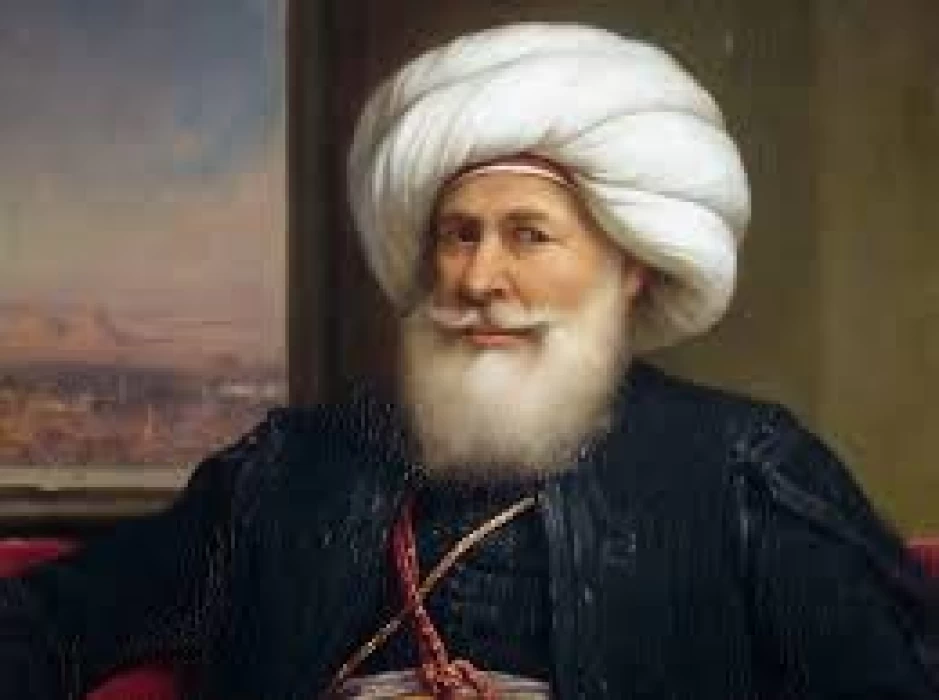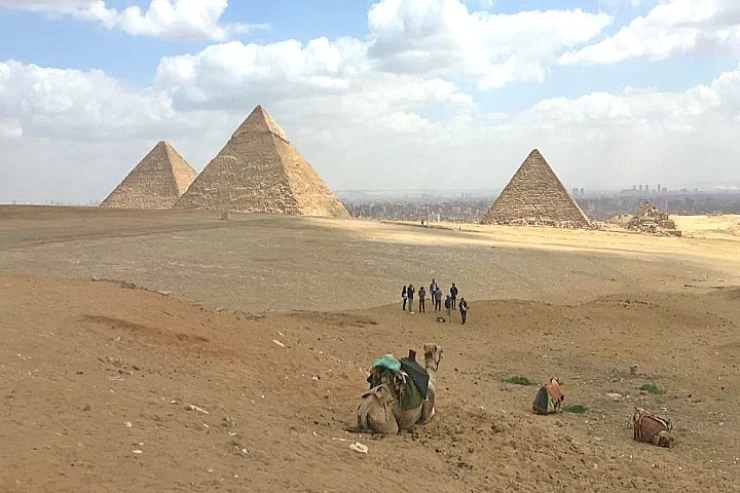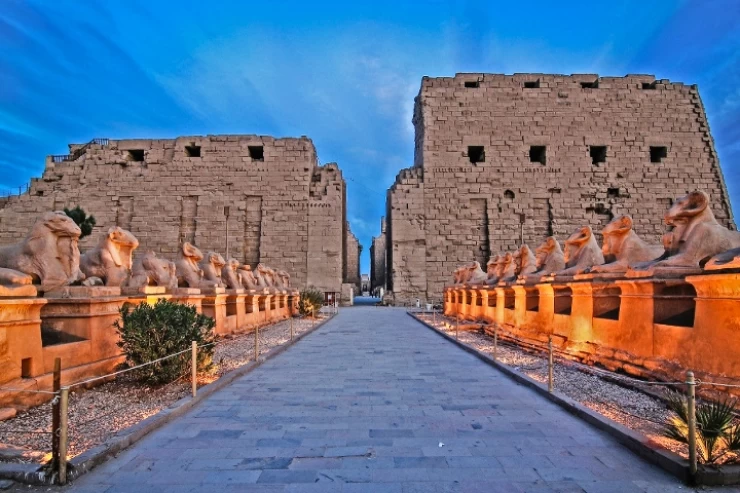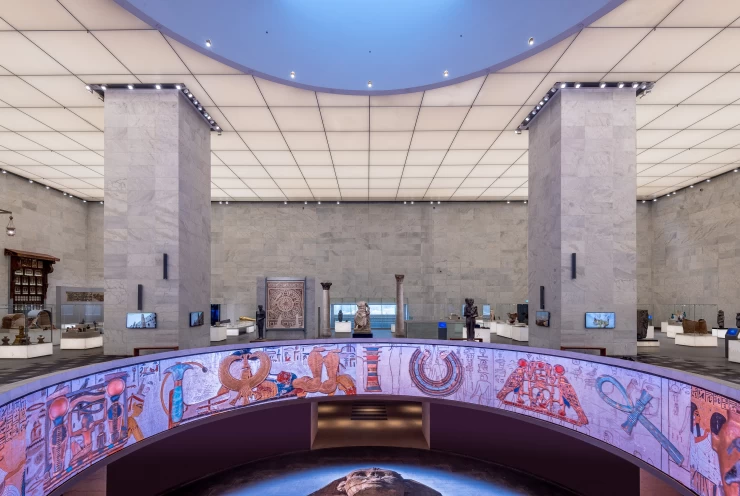
Muhammed Ali Pash | Muhammed Ali the ruler of Egypt
Muhammad Ali was born on March 4, 1769, in the city of "Qawla" in Greece, one of the Macedonian ports in Greece. The Ottoman Sultan issued a decree to the army from all over the Ottoman Empire in 1798 to rescue Egypt after the French and Napoleon's occupation. Muhammad Ali was one of the commanders of the Albanian "Arnaout" division and joined the Ottoman army. In 1800, He arrived in Egypt, The Battle of Abu Qir took place between the Ottoman forces in conjunction with the British forces on the one hand and the French forces on the other.
Muhammad Ali showed a great act of courage, boldness, and daring that impressed the Ottoman commanders with his skills. During the two years after his arrival in Egypt, He joined many battles until he became the commander of the strongest fighting division1803 in Egypt. He planned a goal, which was to rule Egypt: he planned carefully to achieve this goal and get rid of all obstacles. Be in touch with Cairo Top Tours professional operators and have an exceptional tour to know Muhammed Ali’s great history during Cairo Day tours in Egypt.
Muhammad Ali was known for his intelligence and triumphed. The scholars in Egypt, led by Omar Makram On May 13, 1805, agreed to dismiss Khurshid Pasha and appoint Muhammad Ali as ruler of Egypt instead of him. He made many political and economic developments by paying attention to education, the army, and the navy. He was truly a strange man in the Ottoman Empire, as he was distinguished by his intelligence and wisdom, and he was constantly starting projects for his country’s advancement.
You can see many current good situation projects of Muhammed Ali during Egypt Easter Tours with your family and friends. On March 1848 Muhammad Ali did his last sea voyage and returned from it to Alexandria after being ill and his health deteriorated. In 1849, at Ras El Tin Palace in Alexandria, and the body was carried on a ship from Alexandria. You can see Alexandria attractions and Muhammed Ali's beautiful palaces with Alexandria shore excursions with Cairo Top Tours professionals
He was a common soldier who advanced to leadership through his military skills and political vision. In 1799 he commanded a Turkish army in an unsuccessful attempt to drive Napoleon from Egypt. As Pasha, he was essentially independent of his nominal overlord, the Ottoman sultan. He improved his armed forces and administration, created schools, and began many public works, especially irrigation projects.
Muhammad Ali modernized education, ordering the translation of European books on a large scale, protecting children against disease and offering them medical care, conducting censuses, and undertaking huge public works projects that established cotton as a key Egyptian cash crop, which remains today. Early in his career, he controlled the spread of fundamentalist Wahhabi Islam from the Arabian Peninsula.
Often known as Mehmed Ali, Muḥammad ʿAlī was the viceroy and pasha of Egypt (1805–48), founding the dynasty that ruled the country from the start of the 19th century to the middle of the 20th. He was born in Kavala, Macedonia, Ottoman Empire [now in Greece] in 1769 and passed away in Alexandria, Egypt, on August 2, 1849.
Mohamed Ali Mosque, as we know it by the name the Alabaster Mosque, is one of Egypt's most impressive mosques. It reaches the tallest point within the Citadel of Saladin. The creator who was Yousif Boushnaq was of Turkish origin and had been brought from Istanbul to build this exceptional mosque for Mohamed Ali, the founder of Modern Egypt who ruled from 1805 till 1849 A.D. Upon your arrival in Egypt, Cairo Top Tours will take care of your visit to the land of the Pharaohs with our highly qualified guides specialized in Egyptology.
Mohamed Ali entered politics to serve the Egyptian people. He eventually became the governor of Egypt and implemented various developments in the country. He also successfully dealt with the El Mamalik, who were causing chaos in Egypt. Due to his efforts, Mohamed Ali became beloved by the Egyptian people. As such, Cairo Top Tours offers daily trips to visit the Muhamed Ali Mosque and enjoy the beauty of this valuable place that reflects the greatness of archaeology and its deep history.


















